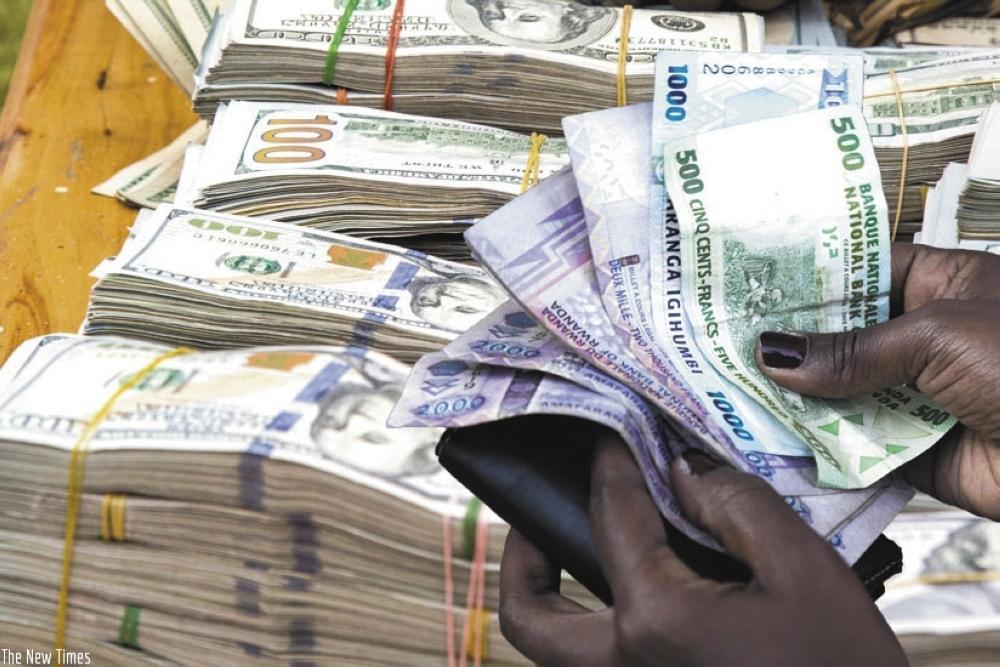Africa-Press – Rwanda. Rwanda has made changes to penalties for unauthorised foreign exchange operations, including pricing, transactions and auction under a new regulation by the National Bank of Rwanda.
The changes are provided for under a 2025 regulation amending that of 2022 governing foreign exchange operations in Rwanda. The new rule was published in the Official Gazette on May 30.
Regarding unauthorised foreign currency operations, it brings about a number of changes in pecuniary (monetary) sanctions.
For instance, while the sanction was the same for unauthorised pricing and transacting in foreign currency in the previous regulation, the amendment sets different sanctions.
Different penalties for pricing and transacting in foreign currency
As per the amended regulation, any person who prices or transacts in foreign currency without the central bank’s permission commits an administrative fault. The central bank imposes on such people a corresponding pecuniary (monetary) sanction.
For pricing in foreign currency, the penalty is Rwf5 million for the first instance – when they commit the fault for the first time; and Rwf10 million for the second instance, and more.
Regarding transacting in foreign currency, the penalty is 50 per cent of the transacted amount for the first instance; and Rwf100 of the transacted amount for the second instance and above.
As indicated, the monetary sanctions are in Rwandan francs using the exchange rate of the day of the sanction.
The 2022 regulation provided that any person who sells or prices goods or services in foreign currency contrary to it was punishable by the seizure and confiscation of the amount involved in that transaction, and the confiscated amount would be credited on a public treasury account.
Higher penalty for foreign currency auction
Any person who calls to auction or who is involved in a foreign currency auctioning commits an administrative fault, the regulation stipulates, indicating that the central bank imposes on him or her a pecuniary sanction equivalent to 50 per cent of the total auctioned amount.
In the previous regulation, the central bank would impose on a licensed intermediary or any person involved in a foreign exchange auctioning, a pecuniary sanction equivalent to 1 per cent of the total auctioned amount. This implies that the new penalty is far higher than the previous one.
Foreign currency auction is a bid for an amount of foreign currency offered through a direct or indirect tender process by any person aiming at selling at the highest exchange rate or purchasing at the lowest rate.
Such a practice may disrupt foreign exchange market.
Fine for delayed payment of due charge
The new regulation provides that any person who does not pay the pecuniary sanction at the account indicated by central bank within 15 days upon notification of the penalty is reported to the Credit Reference Bureau and is liable of 1 per cent of the amount of sanction per day of delay until the full payment.
The central bank cooperates with relevant institutions to ensure compliance of provisions of this regulation.
For More News And Analysis About Rwanda Follow Africa-Press






